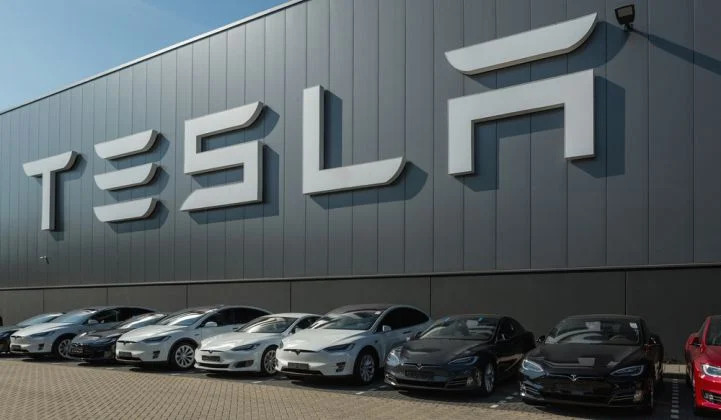The goal of policy leaders in New Delhi has been to persuade Tesla Inc. to start manufacturing electric cars in India. Musk, on the other hand, wants to sell his vehicles here without having to pay India’s astronomical import taxes.
According to Bloomberg News, if the business establishes a manufacturing plant in India within the next two years, the two sides may be getting close to an agreement that would reduce duties on Tesla imports starting in 2024. In addition to committing to spend up to $15 billion on inputs from local automakers, Tesla may invest $2 billion in the factory.

Musk may undoubtedly view this agreement as successful. If Indian customers can purchase high-end electric cars at tariff rates of only 15% instead of the 100% they currently pay on imported cars, they may not be too upset about it either.
New Delhi may cite the success of other measures that were created with certain companies in mind. In an effort to entice Apple Inc., the government modified the regulations governing the production and sale of mobile phones in India in 2020. Since then, the US IT giant has created goods valued at $7 billion in India, with plans to increase production to $40 billion in the coming years. However, Tesla is not Apple. First of all, nobody in charge of policy should ever presume that someone as impetuous as Musk will keep a commitment like this.
There is a solid business case for Apple to manufacture in India. The iPhone market is expanding steadily domestically. Morgan Stanley projects that over the next five years, India will contribute 5% of Apple’s user growth and produce $40 billion in sales. iPhones account for half of India’s $9 billion in mobile handset export revenue.
In the incredibly price-sensitive Indian vehicle industry, Tesla is unlikely to see the same kind of growth. Numerous other international producers have been unable to decipher India’s automobile code. After 20 years, Ford Motor Co. closed its plants in the nation in 2021, suffering a $2 billion restructuring loss in part due to its inability to compete on price.
The key to the home market, according to one Indian auto executive at the time, was to “look at the whole value chain from raw material to resale and then, at every stage, you have to see how you can economize.” Naturally, Musk has been holding off on a move to India for a long time because that does not seem like something Tesla has done successfully in the past.
Indian officials insisted as late as July that “no special policy” will be created in order to entice Tesla to move to their country. So what might have been different? Musk’s tastes haven’t changed at all. More likely, the administration is prepared to go above and beyond for a catchy headline now that a reelection campaign is only a few months away.
I’m not saying that India should keep its EV pricing at their current level. India’s shift to low-carbon mobility can be accelerated by removing obstacles for automobiles. However, such a choice ought to be independent of firm or technology. What best serves India’s consumers and its climate priorities should decide this.
Developing a domestic EV manufacturing system is a very separate undertaking that is not amenable to unilateral tariff adjustments. Rather, significant investments in the infrastructure that supports EV manufacture—from power prices to charging stations—might be helpful in encouraging both foreign and Indian automakers to pursue EV manufacturing. These firms desire policy certainty above all else. Regulating according to the capricious desires of an individual such as Elon Musk, regrettably, conveys the opposite message.
What do you think about this? Comment below.

